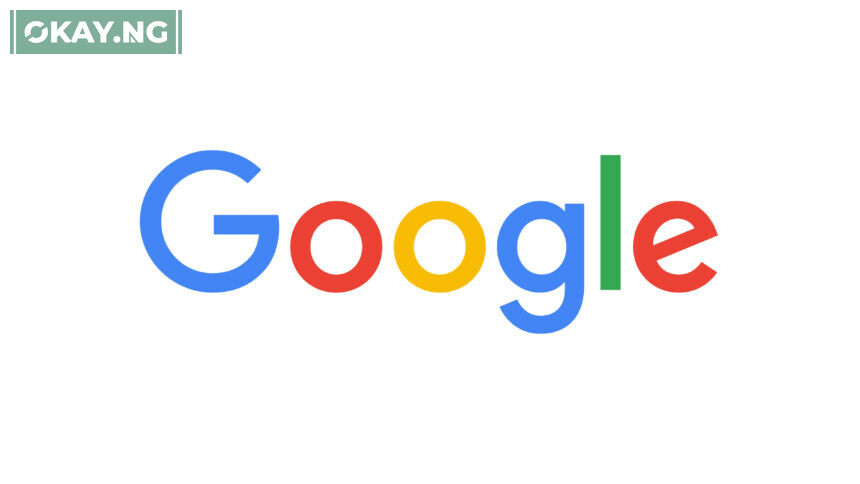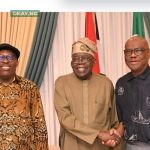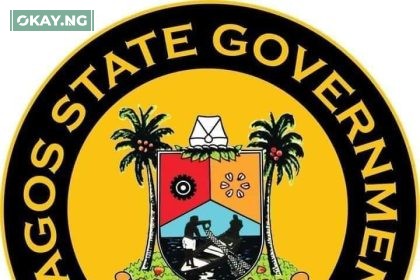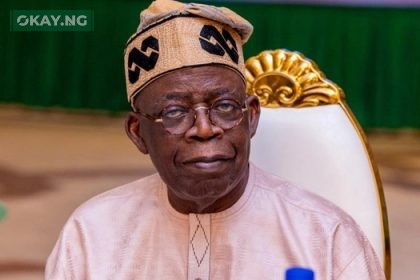In a revealing report highlighting the escalating battle against online deception, tech giant Google announced on Wednesday that its sophisticated artificial intelligence systems blocked or removed a staggering 5.1 billion harmful advertisements globally in 2024. The company’s 2024 Ads Safety Report further disclosed the restriction of an additional 9.1 billion ads that violated its policies, underscoring the immense scale of malicious activity plaguing the digital landscape.
The report emphasizes the pivotal role of advanced AI in transforming Google’s ability to proactively combat increasingly intricate scams, fraudulent business identities, and coordinated misinformation campaigns proliferating online. Alex Rodriguez, General Manager for Ads Safety at Google, stated, “These improvements helped us move faster, identify threats earlier, and take action before bad actors could reach users. That’s the real power of AI—making the internet safer not just reactively, but proactively.”
This proactive shift is particularly significant as internet users worldwide, including those across Africa, navigate an evolving digital environment where trust and safety are paramount. The report specifically highlighted Nigeria as a nation grappling with the persistent threats of public figure impersonation scams and misleading election advertisements.
“In Nigeria, public figure impersonation scams and misleading election ads have become familiar threats,” the report stated. In response, Google reported updating its Misrepresentation policy in 2024 and deploying a global team of over 100 experts. These efforts resulted in the removal of over 700,000 scam-related advertiser accounts, contributing to a remarkable 90% decrease in reported impersonation scams.
Furthermore, with nearly half of the world’s population participating in elections in 2024, Google expanded its election ad transparency measures. This involved mandating that all political advertisers verify their identities and clearly disclose the source of their ad funding. Consequently, over 10 million election-related ads were removed globally for failing to meet these stringent standards.
While the reported figures are global, the implications resonate deeply within Africa’s burgeoning digital economy. A secure online advertising environment is crucial for fostering economic inclusion, safeguarding small businesses, digital content creators, and publishers who rely on platforms like Google to connect with their audiences and generate revenue.
Read Also: Alphabet CEO Pledges $75 Billion Investment Amid AI Race
For Nigeria’s rapidly expanding digital marketplace, where trust in online transactions is fundamental, Google’s robust ad safety measures provide a vital layer of protection. From preventing payment fraud to curbing the dissemination of AI-generated misinformation, these efforts are becoming indispensable infrastructure for a thriving digital ecosystem.
“We launched over 50 enhancements to our AI models in 2024. This allowed our teams to focus more on complex, high-impact investigations, while automation handled scale,” Rodriguez explained. This strategic deployment of AI allows human experts to concentrate on the more nuanced and sophisticated threats that require in-depth analysis.
Google underscored that maintaining a safe online environment necessitates a collaborative approach that extends beyond technological solutions. The company affirmed its commitment to ongoing collaboration with regulatory bodies, consumer protection agencies, and industry peers through initiatives like the Global Anti-Scam Alliance. This collective effort aims to anticipate and effectively address emerging threats in the digital realm.
Ultimately, Google’s 2024 Ads Safety Report offers a compelling insight into the evolving strategies for upholding online trust. It reveals a significant shift towards proactive, AI-driven interventions that are increasingly crucial in safeguarding users and fostering a safer, more reliable digital experience for everyone, including the vibrant and growing online community in Nigeria.













